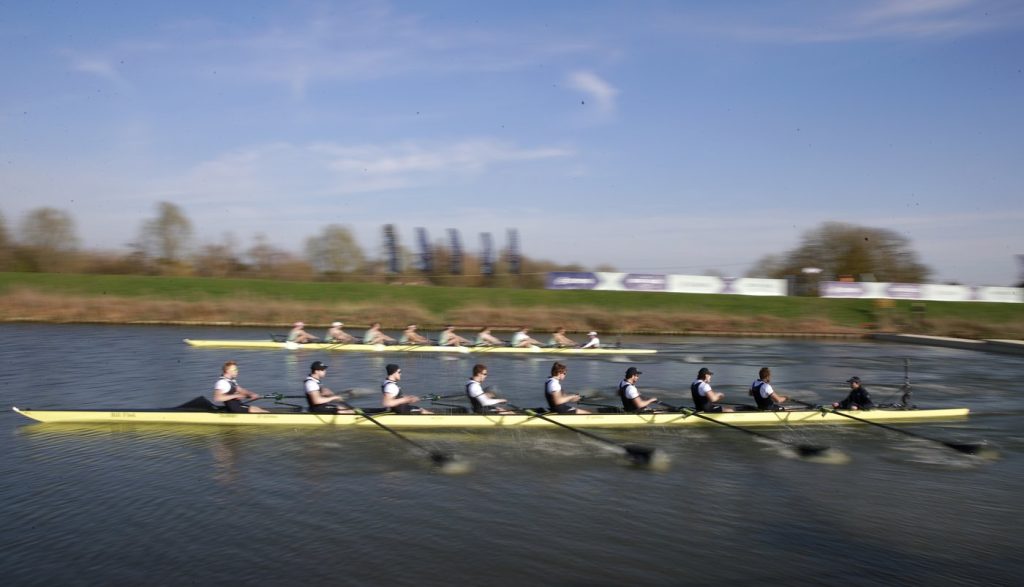A dispute over eligibility criteria has created significant tension leading up to the Boat Race, a prestigious rowing competition held between the universities of Oxford and Cambridge along the River Thames in London. This year marks the nearly 200-year-old event's continued evolution, and the controversy centers on recent decisions made by an independent panel regarding the eligibility of certain rowers.
Three rowers from Cambridge University have been barred from competing in next month’s Boat Race because they are pursuing a postgraduate teaching course, known as a PGCE. Oxford's officials argue that the PGCE is a certificate and not a full degree, a stance that has elicited backlash from the Cambridge community. The ruling, which sided with Oxford, has spurred frustration among those affiliated with Cambridge.
Former Cambridge rower Imogen Grant, an Olympic gold medalist, expressed her outrage, labeling the situation as "slimy." Similarly, Cath Bishop, a former world champion rower and Cambridge alumnus, referred to the scenario as “utter madness” and labeled it a “new low” in the historically fierce rivalry between the two universities’ boat clubs. The trio of affected athletes—including Matt Heywood, another former world champion—have shared their disappointment publicly, with Heywood criticizing the decision as contrary to the “values of sportsmanship” that should be inherent in rowing competitions.
Recognizing the heightened controversy surrounding this year's races, The Boat Race Company—steward of the event—has called for a focus on the athletes who will be competing while expressing empathy for those who are unable to participate. In a recent statement, the company highlighted their intention to review the eligibility rules and processes post-races to ensure clarity and respect for the event's integrity, while balancing the academic pursuits of talented rowers.
The Boat Race, which dates back to 1829 for men's crews and expanded to include women's teams in 2015, typically sees over 200,000 spectators lining the banks of the Thames. Nonetheless, this year has brought unprecedented open hostility, particularly as the ruling affects Cambridge's performance prospects. With the disqualification of three rowers—Matt Heywood, Molly Foxell, and Kate Cowley—a potential setback has emerged in Cambridge's bid for an eighth consecutive win in the women’s race and a shot at a sixth victory within seven years for the men’s race.
Annamarie Phelps, chair of Cambridge’s boat club, expressed support for the impacted athletes. She emphasized the strong academic standing of the PGCE and pointed out that past PGCE students from both universities had previously been allowed to compete. However, due to revised eligibility criteria mutually agreed upon by both clubs, this is no longer the case.
Cambridge's official statements have since taken a more conciliatory tone, agreeing to abide by the decisions of the independent panel interpreting the eligibility rules, despite the disappointment swirling around the ruling. Grant remains vocal in her criticism of Oxford's tactics, perceiving them as a calculated move by certain alumni to undermine Cambridge’s standing in the competition. She questions the views of specific alumni, which she describes as "narrow" and "outdated," seemingly at odds with the spirit of the sport.
As the announcement of the race crews approached, discussions around this year's Boat Race indicated a need for reflection and potential reevaluation of rules. The battle of rivalries continues on and off the water, underscoring the significance this storied contest holds for both universities and the ongoing narrative of competition, integrity, and eligibility within sports.










